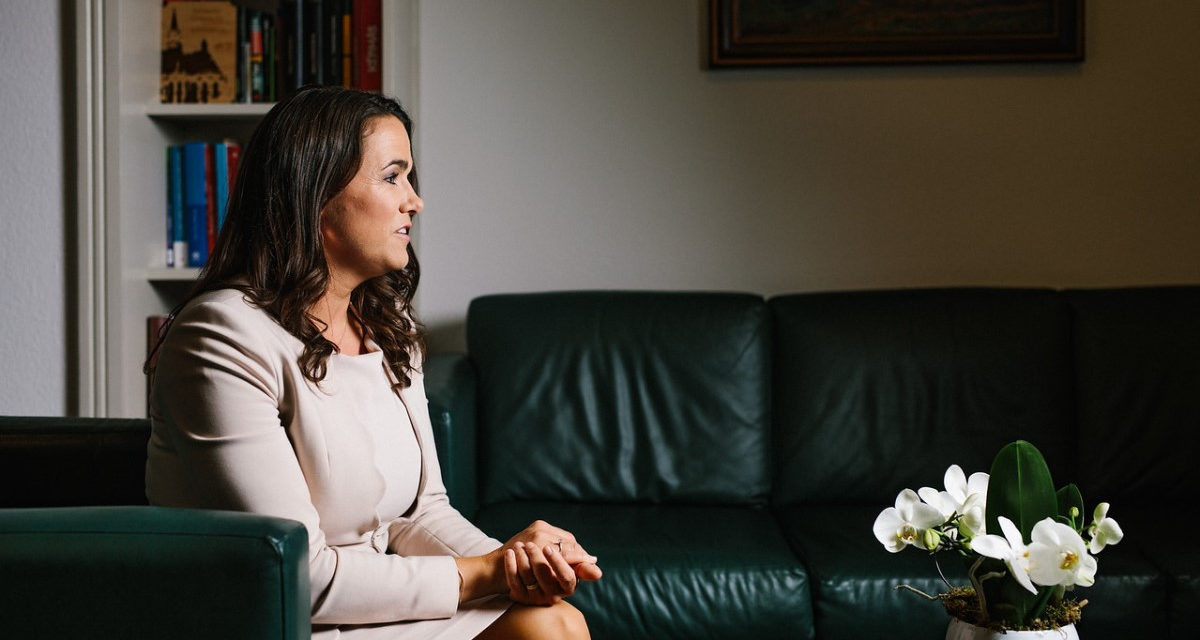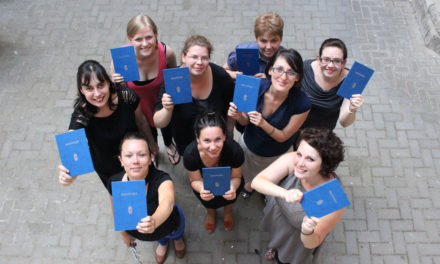Next year, the government will spend 6.2 percent of the GDP, about HUF 3,500 billion, on families - Katalin Novák told Magyar Nemzet, emphasizing that all this is a good investment that will pay off. In an interview published in the Saturday issue of the daily newspaper
Regarding the fact that, according to the left, the government prepared an election budget, Katalin Novák said:
Since 2010, the amount spent on family subsidies has been increased every year, which proves how significant the government's commitment to families is. "We didn't just start this work, but the resources increased continuously and dynamically. Next year, the amount spent on supporting families will already be around 3,500 billion forints, which in 2010 was just over a quarter, only 960 billion forints. This means that in 2022, we will spend 6.2 percent of the GDP for this purpose, which is internationally outstanding," he said.
As he said, it is not a question of money distribution, but of well-thought-out steps, since since 2010, income taxes have been consistently reduced. "I remember when we introduced the flat-rate personal income tax, the hooligans said it would destroy the budget, yet tax revenues and consumption increased.
Even now, we expect that the money that families can save will somehow appear in the economy. We are not thinking about restrictions now either, but we are trying to increase people's freedom of movement. Of course, a pandemic also means economic uncertainty, but today economic growth has reached pre-pandemic levels and employment figures are also excellent. We also think of current subsidies as an investment, which will pay off later," said the minister.
Regarding the new HUF 50 billion crèche development tenders, he said: crèche construction is progressing according to the preliminary schedule, and this means that by the end of 2022, at least seventy thousand places will be completely ready or under construction. In the closed tenders, there are approximately 66,000 places, and here the maintainers are already building new buildings or have already increased the number of places.
According to the minister, it is important that every child of nursery age, where the parents request it, has a nursery place available. This also requires the involvement of the corporate sector. The number of workplace crèches should be increased, but interestingly, employers have not really responded to this so far.
Regarding how the Council of the Elderly welcomes the restructuring of the 13th monthly pension, Katalin Novák said: the reception is unanimously positive. They feel that they are now getting back something that was taken from them before. When the left abolished the 13th month pension, it was a very sore spot for them.
Of course, it is always possible to argue about how much more should be given, but when an existing right is taken away - as the left ended the family tax discount, the third year of the GYS, together with home building subsidies - it is a shock that its impact remains long in the community. Thus, in addition to the financial aspect, compensating pensioners is also a matter of reparation, he stated.
As he said, they are working to have the flexibility to restore the full 13th monthly pension, but there is an epidemic situation. "Who would have thought two years ago that we would have to shut down for months and that entire economic segments would stop? So we don't want to make hasty promises."
One of the biggest assets of the Orbán government is its credibility.
We have kept our promises in the past, and that is why it is important now how we phrase them. So it will probably only be possible to comment on this towards the end of the year.
The two-week extra pension, on the other hand, is already certain to arrive to the pensioners in February," Katalin Novák said.
In the interview, the minister also talked about: it is no coincidence that there are no family politicians on the left, because this topic is not important to them. There are professionals dealing with social policy on the left, but we do not find among them characters with a family policy focus who do not consider family policy as part of poverty policy, but who would also deal with the middle class. The left has a formula: they would do the same as their friends in principle in Western Europe, who, since not enough children are born, choose the solution of replacing them with immigrants.
Source: mandiner.hu
Photo: Mandiner/Árpád Földházi












